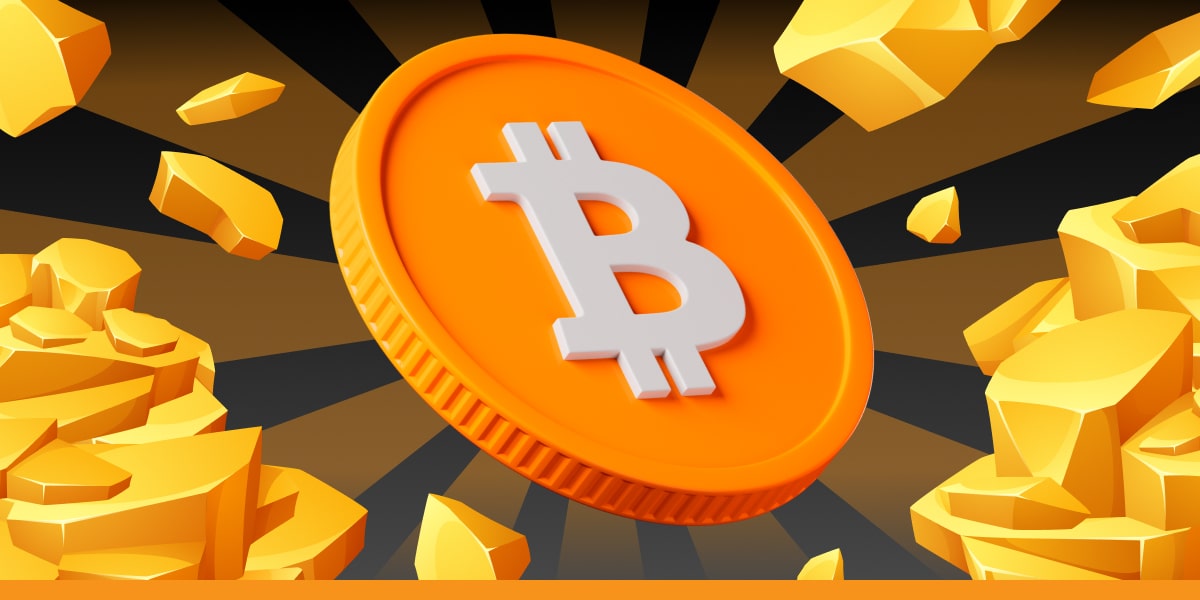NC Wallet News
View allCommunicating Better Changes
To Fork or Not to Fork? The Role of Forks in Blockchains

In the crypto world, improvements are a regular occurrence. But things aren’t always as simple as updating an application on your phone. To make any blockchain-related changes a consensus must be reached – not an easy task in itself. This is when community members should decide which route to take, just like meeting a fork in the road.

What is a fork?
The metaphor, describing a deciding moment in life, inspired a new phenomenon in the blockchain industry. Simply put, a fork is an update initiated by developers or other community members who are growing displeased with the functionalities of an existing blockchain. What types of forks are there?
Soft fork
A soft fork refers to a change that does not affect the fundamental principles of a certain blockchain. What you typically get as a result of a soft fork is the implementation of a new feature that does not clash with the pre-fork functionality.
For example, Bitcoin's SegWit (Segregated Witness) upgrade introduced a new format for Bitcoin's transactions by removing non-intentional (witness) data from the block and increasing its size limit. The original blockchain functionality remained — at the same time, BTC transactions became more affordable.
Hard fork
On the other hand, hard forks are radical changes incompatible with the original version of the blockchain, which splits into the pre-fork chain and the one with the new rules.
For instance, in September 2022, Ethereum switched from a Proof-of-Work consensus algorithm to Proof-of-Stake — the event known as the Merge — which led to a complete change in the blockchain core. Such a fundamental transformation made the network before and after September 2022 not compatible with each other.
After the Merge, the Ethereum community received new staking possibilities but with a rather odd limitation, compared to other networks — there was no option to withdraw staked funds. It is only natural that the crypto community was not impressed with the potential prospects and wanted more updates… more forks.
The next Ethereum Shanghai hard fork, set for April 12th, will allow users to unstake their crypto funds and receive rewards. Along with this, the hard fork will lower gas fees during periods of high activity to benefit Ethereum developers. The Ethereum Shanghai upgrade has already been crowned as one of the biggest developments in the crypto industry since the Merge last year.
It is safe to say that forks will remain a sustainable way of introducing new changes in the blockchain industry. Keep up with the major crypto events with NC Wallet!
 NC WALLET
NC WALLET

Recently Added

Bitcoin Beats Gold?
.jpeg)
Before Transferring Bitcoin: Understand Address Types


 en
en de
de
 fr
fr
 es
es
 it
it
 ru
ru
 pt
pt